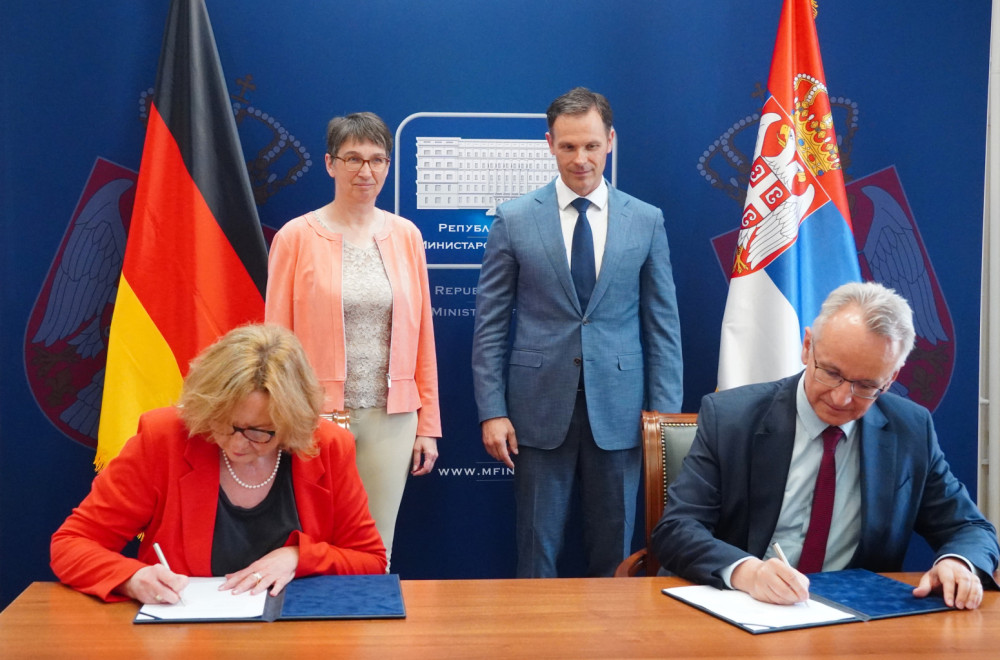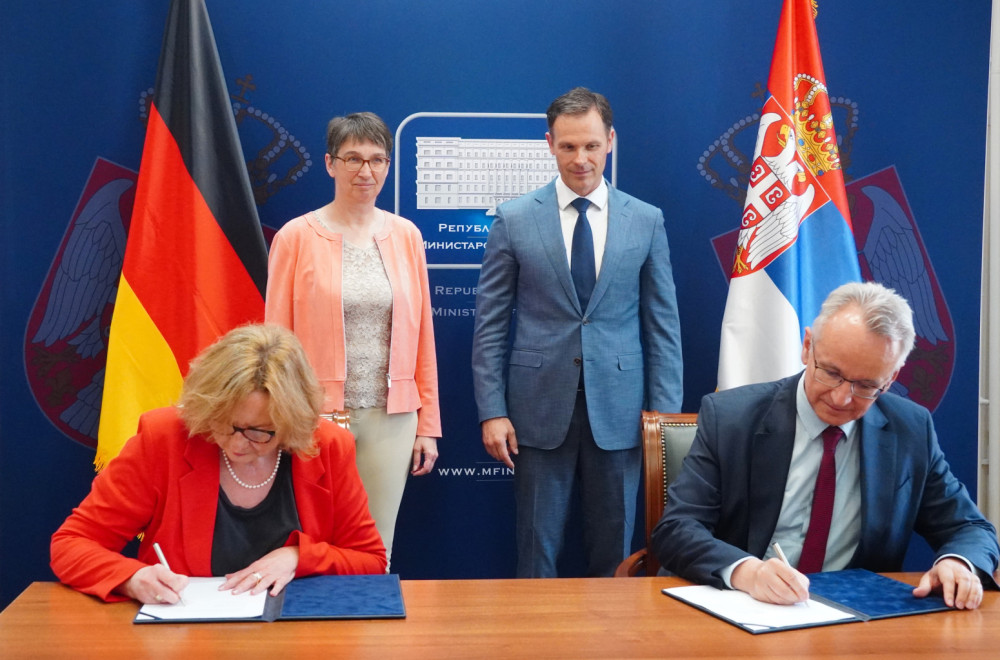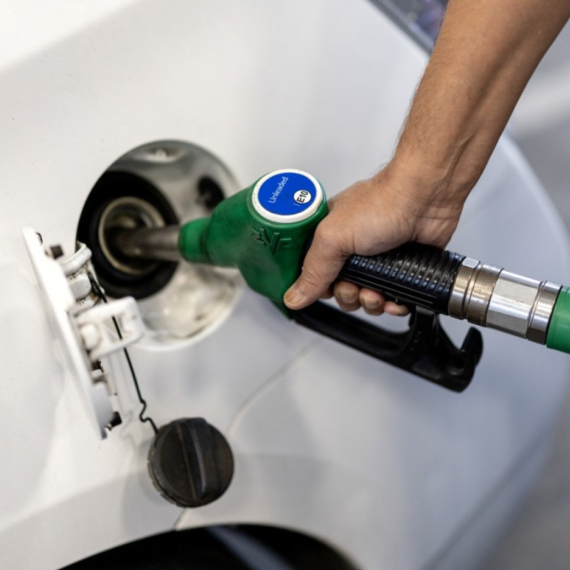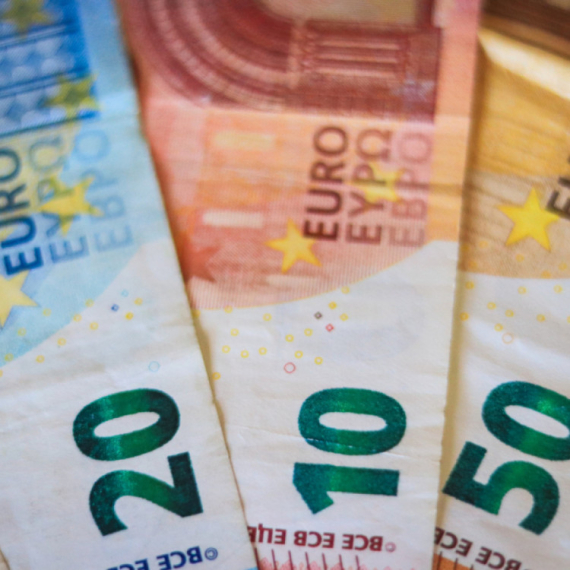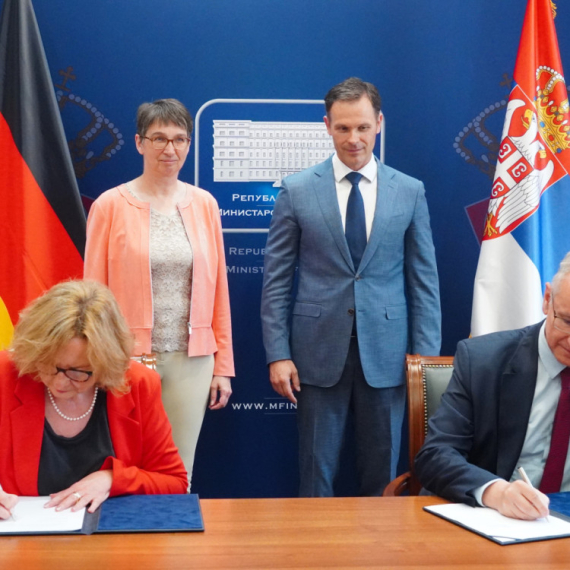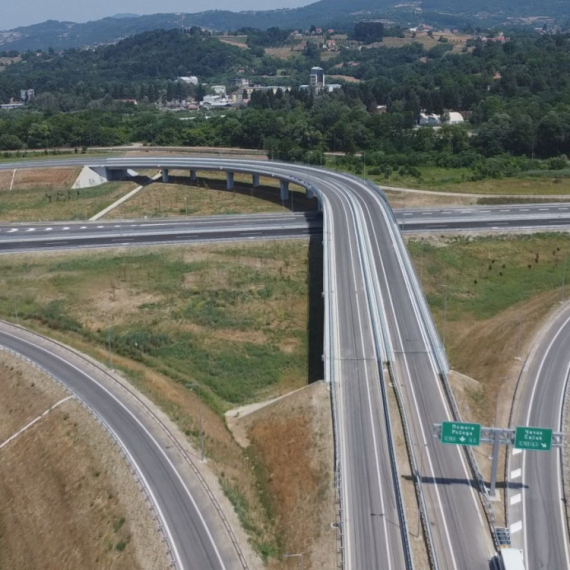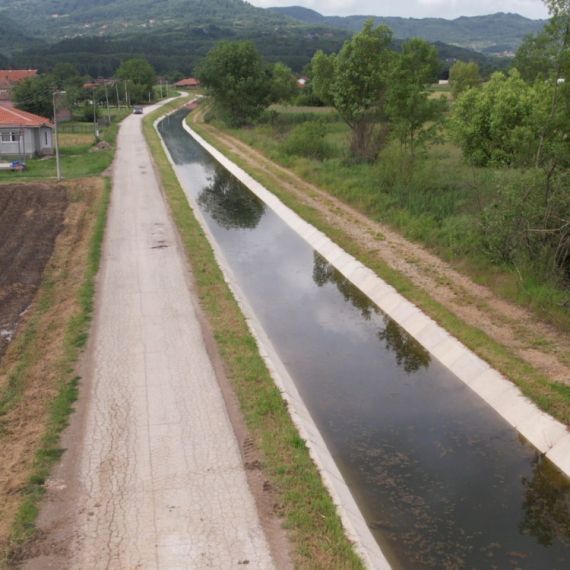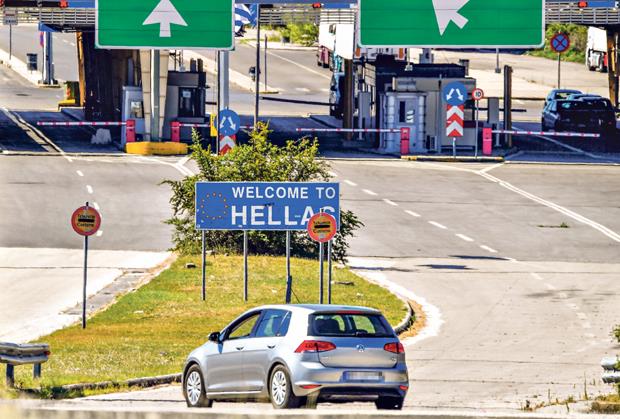Serbia and Germany Sign New Double Taxation Avoidance Agreement – Economic Boom or Just Another Paper?
On June 27th, in Belgrade, a new double taxation avoidance agreement was initialed between Serbia and Germany. Yes, you read that right – a new agreement! The old one dates back to the Socialist Federal Republic of Yugoslavia era, signed in 1983, and it’s clear that an update was overdue as tax systems and economic relations have drastically changed since then.
Why is this agreement important?
Germany is Serbia’s top trading partner and the fifth largest foreign investor. Over 1,000 companies with German ownership operate in Serbia, employing more than 80,000 people. So, this agreement is not just a piece of paper – it’s a key to further development and strengthening of economic ties between the two countries.
What does the new agreement bring?
The new agreement adapts to modern tax practices and changes in Serbian and German legislation. The goal is to remove barriers to business, prevent double taxation of the same income, and enable easier and safer cooperation between companies and individuals from both countries.
Who was present at the initialing?
Serbian Finance Minister Siniša Mali personally attended the event, along with the German Ambassador to Serbia Anke Konrad, Deputy Finance Minister Dragan Demirović, and German Finance Ministry representative Dagmar Krejsmen.
How active is Serbia in such agreements?
Serbia currently has double taxation avoidance agreements signed with 64 countries! That’s impressive, but it’s clear that the pace of changes in the global economy and legal frameworks must be kept up.
Will this really help the economy?
Given that Germany is one of Serbia’s largest economic partners, this agreement could be a real boost for new investments and business development. But will it actually happen or will it remain just another paper in a drawer? Time will tell.
Fuel prices and other background news
While this important agreement is being initialed, Serbian citizens pay 206.99 dinars per liter of diesel and 221.99 dinars per liter of Euro-premium BMB gasoline. The economy is moving, but is this agreement enough to ease the pressure on people’s wallets?
Conclusion
The new double taxation avoidance agreement with Germany is an important step for Serbia. It can open doors for even better economic cooperation and investments. But, as always, the real picture will only be seen in practice. Will this paper bring real change or remain just another diplomatic formality? Time will tell.
What do you think? Will this agreement really help Serbia’s economy or is it just another media story? Drop a comment and let’s see who’s the optimist and who’s the realist!






